Subscribe to the Newsletter
If you are interested in understanding how Traditional Chinese Medicine can improve your life sign up to my newsletter for the latest updates.
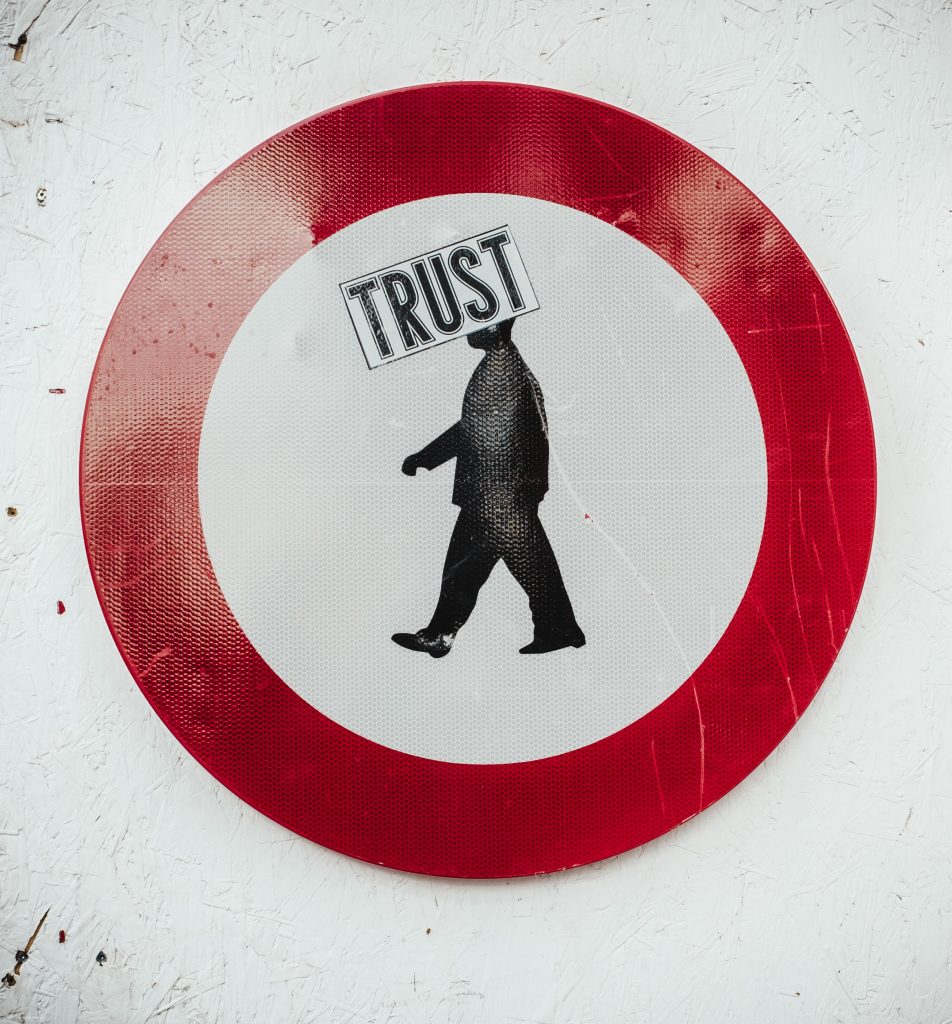
Doesn’t acupuncture kill you?
Don’t they stick needles into you?
Is that a good idea?! How can it be safe?
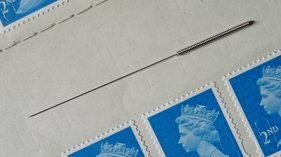
Compared with orthodox Western medicine, Chinese Medicine – including acupuncture – has an amazing record of safety. That’s when practised by qualified and experienced individuals.
As time goes by, Governments are taking more interest. Also, the medical professions are getting concerned about acupuncture safety.
First, a bit of history, covering the way orthodox thinking goes.
1986: the British Medical Association produced a report which panned all forms of Alternative Medicine. In other words, they said they were all nonsense.
1994: their next report reversed many of the findings of the first report, at least as regards acupuncture and homeopathy.
November 2000: the Select Committee of the (United Kingdom’s) House of Lords reported on Complementary and Alternative Medicine
In effect they approved wholeheartedly of five therapies:
I get research updates monthly through a news data service and I am amazed how much work is being done by researchers worldwide.
Acupuncture is in use throughout the world. What for? A huge range, including for acute and chronic illness, pain, addiction withdrawal, at childbirth, and in anaesthesia. To find out, click on Acupuncture Medicine.
The World Health Authority lists a huge number of conditions which it says acupuncture can treat.
Safety Concerns about Acupuncture
Professor Edzart Ernst when at the Department of Complementary Medicine at Exeter University, Devon, England, became something of an acupuncture ‘killer’.
However, some of the claims he made for the danger of acupuncture were unjustified. For example, ‘acupuncture has killed 30 people’. Actually, this was during a period of thirty years, and was world-wide.
Compare that with the numbers of people dying annually from surgery, or dying from prescribed medication….! In other words from iatrogenic reasons.
In any case, one of the 30 people who died was a woman in Sweden who stabbed herself with a knitting needle: not acupuncture at all!
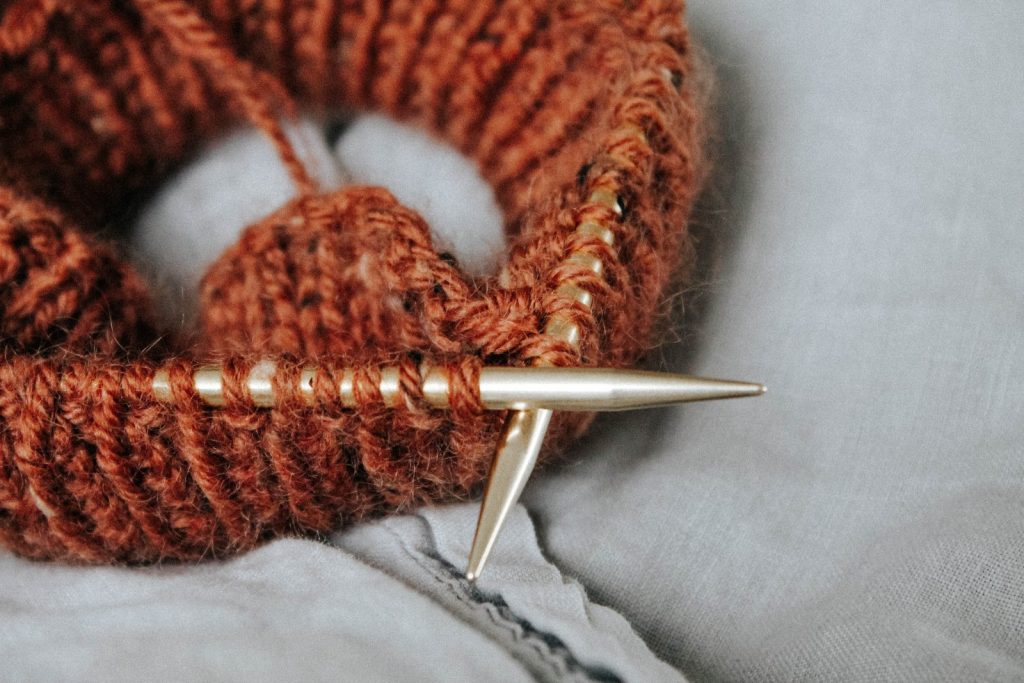
There are certainly safety concerns about unqualified practitioners using acupuncture needles, of course.
Also, hygiene is an issue. But nowadays, we use needles only once. Also, manufacturers pre-sterilise them.
Click for a page on acupuncture side-effects .
Some of our patients in 2001 completed a questionnaire from the Research Director of the Foundation for Traditional Chinese Medicine in York.
Over some months, there were 34,407 acupuncture treatments on which the questionnaire was based.
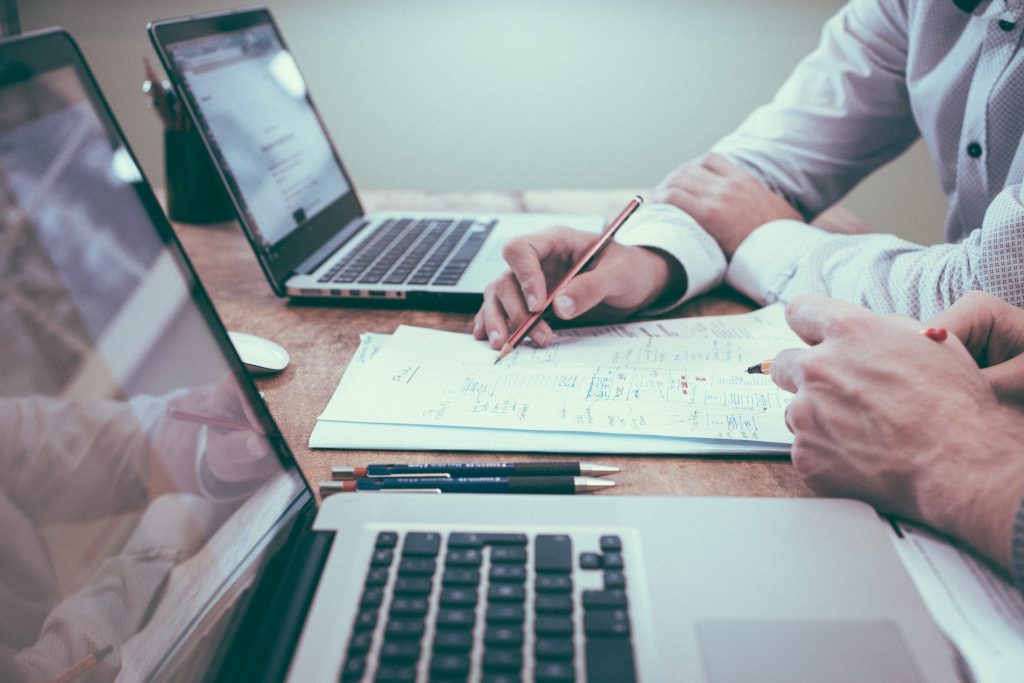
A total of only 43 significant minor adverse events were reported. This result was consistent with an underlying serious adverse ‘event’ rate of between 0 and 1.1 per 10,000 treatments. That was, given a 95% probability.
These ‘events’ included severe nausea and fainting, aggravations of existing symptoms, local pain and bruising at the site of needling and psychological and emotional reactions.
The 574 practitioners who participated in this survey comprised one in three members of the British Acupuncture Council. That such a large percentage of the total membership of a professional association took part is a measure of acupuncturists’ commitment to the safety of their patients.
Compared to existing evidence on the risks associated with non-steroidal anti-inflammatory drugs, acupuncture is a relatively safe intervention when practised by professional acupuncturists who are members of the British Acupuncture Council.
Given that the whole membership delivers between one and a half and two million treatments a year, this survey provides important evidence on public health and safety. (Excerpts from ‘Safety in Numbers’, published on p 13 of European Journal of Oriental Medicine, Vol 3, No 6: Winter 2002)
(Source: Adelaide University and the Women’s and Children’s Hospital in Adelaide)
Acupuncture excellent for keeping babies healthy!
Not just acupuncture, but acupressure techniques which we can teach Mum to do regularly: great for helping the baby recover faster. (But if you aren’t sure of yourself, ask about Homeopathy!)
Acupuncture beats morning sickness
Many of our patients have found how effective acupuncture is for morning sickness. It is nice to see that Australian researchers have now proved this too.
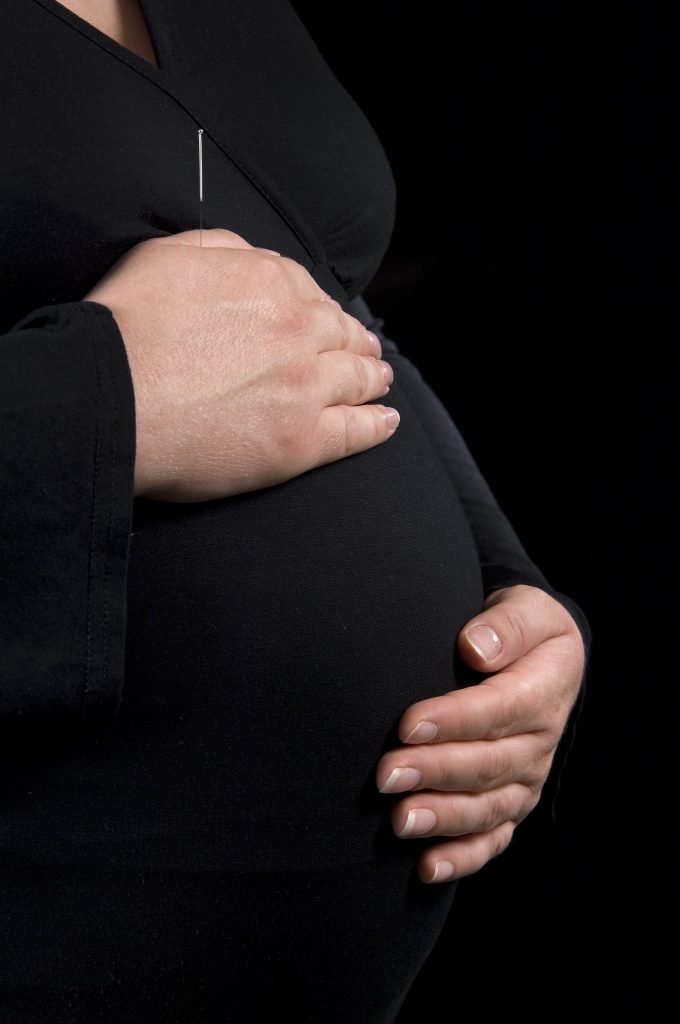
Trials on 600 volunteers, all less than 14 weeks pregnant, found that even just one acupuncture was sometimes enough to help significantly. However, usually they received one twenty minute session at weekly intervals for four weeks. Acupuncture points were used on the legs, arms and abdomen, and the acupuncture was done by practitioners trained in Traditional Chinese Medicine, the kind we do here.
Interestingly, NeiGuan, the name of the point much favoured in DIY pressure point therapy, on the inside of the forearm, took around one extra week to work!
In other words, it did work, but slower. This fits in with Traditional Chinese Medicine (TCM) theory, which says that the treatment must fit the patient! So no single point fits everyone. Designing the treatment for the particular syndrome in question (as defined in TCM) is much more effective.
Click for Chinese herbal medicine or Chinese herb safety.

Stay in Touch!
No spam, only notifications about new articles and updates.

Book a Video consultation if you want to know more about your symptoms

This Introductory Chinese medicine course introduces you to the amazing thinking behind this ancient medicine, now increasingly in demand.

The Scottish College for Chinese medicine provides introductory courses for all, explaining Chinese medicine and its cultural background.
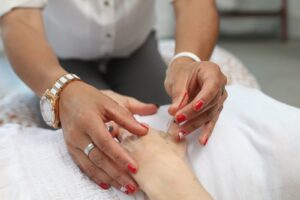
Master Tung’s acupuncture is a hidden treasure, lost to China but recovered in Taiwan from where it spread round the world.
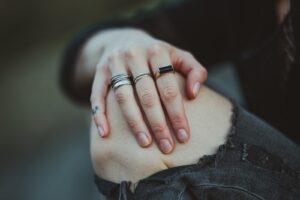
Knee pain has five main causes. It’s certainly worth trying acupuncture before you resort to surgery!
Subscribe to the Newsletter
If you are interested in understanding how Traditional Chinese Medicine can improve your life sign up to my newsletter for the latest updates.
Subscribe to the Newsletter
If you are interested in understanding how Traditional Chinese Medicine can improve your life sign up to my newsletter for the latest updates.